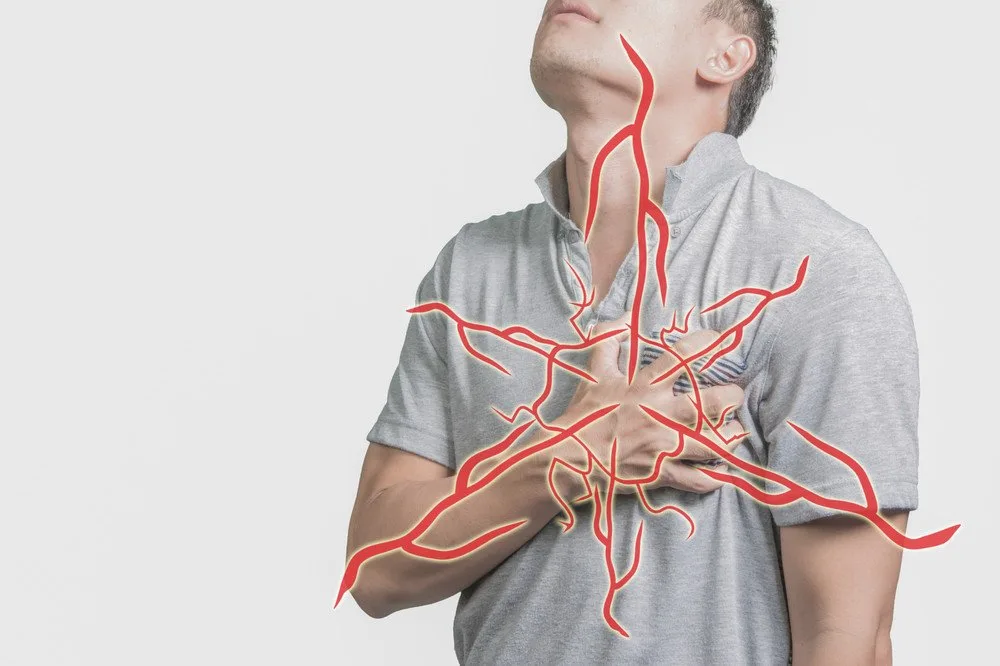The Mayo Clinic is offering a new and innovative therapy to treat atrial fibrillation. The irregular and often very rapid heart rhythm of AFib can lead to blood clots in the heart, increasing a patient’s risk of stroke. Clinicians can use medications and therapies to help reset the heart rhythm. However, some patients have AFib that persists and worsens. Here’s what you need to know.
ROCHESTER, Minn. July 30th, 2024— Cardiologists in Mayo Clinic’s Heart Rhythm Clinic are using a new innovative energy source to safely and successfully treat a common type of heart arrhythmia. The therapy, called pulsed-field ablation (PFA), has received Food and Drug Administration (FDA) approval and represents a significant milestone in treating atrial fibrillation (AFib). Ablation therapy has been used for about two decades to treat these patients, but pulsed field ablation uses a different approach.
AFib can lead to a greater risk of stroke
The irregular and often very rapid heart rhythm of AFib can lead to blood clots in the heart, increasing a patient’s risk of stroke. Clinicians can use medications and therapies to help reset the heart rhythm, but some patients have AFib that persists and worsens. Ablation therapy has been used for about two decades to treat these patients, but pulsed field ablation uses a different approach.
Instead of applying heat or cold energy as in traditional ablation, the PFA catheter therapy uses short bursts of high energy called irreversible electroporation to affect heart tissue that causes atrial fibrillation. PFA therapy successfully transitioned to patient care at Mayo Clinic in Rochester in February 2024. Mayo cardiac specialists have since used PFA to treat more than 200 patients for AFib.
Limitations inspired the development of new energy sources
“The traditional approaches using thermal energy sources to treat AFib — radiofrequency, laser, cryo energy — all carry an associated injury risk to nearby structures, the esophagus, and the phrenic nerve,” says Suraj Kapa, M.D., a cardiac electrophysiologist at Mayo Clinic in Rochester, Minnesota.
PFA technology that has been in development for more than 18 years. Mayo Clinic’s pioneering research into ablative therapy began under another cardiac electrophysiologist and prolific inventor, Samuel J. Asirvatham, M.D. He had a growing interest in developing novel energy sources that would allow for cardiac-selective impact.
“The principle underlying PFA is that, depending on the makeup of the cell membranes of different types of tissues, certain tissue may have different energy thresholds that may be ‘deadened’ or ablated while other tissue types may be preserved,” says Dr. Kapa. “Research through hundreds of preclinical trials has suggested that PFA of the heart tissue can allow for a heart tissue-specific approach to ablation while avoiding collateral injury to structures such as the esophagus or the phrenic nerve.”
The research led to the development of two recently U.S.-approved systems to deliver pulsed field energy to the heart. Dr. Kapa notes that both catheters are approved to treat AFib in the form of pulmonary vein isolation and have shown similar efficacy in clinical trials when compared with traditional radiofrequency ablation.
Benefits of pulsed-field ablation on reducing the risk of AFib
PFA can lead to faster procedures while reducing anesthesia time and removing some risks of traditional AFib ablation.
“Minimizing risk and making potentially effective treatments more broadly available is critical to providing therapy to the largest number of patients,” says Dr. Kapa.
It is estimated that 12.1 million people in the U.S. will be diagnosed with AFib by 2030 — more than double the number in 2010. Globally, the number of patients diagnosed with AFib is increasing.
“A growing body of evidence supports more aggressive rhythm control with ablation, whether earlier in a patient’s AFib diagnosis to achieve better long-term outcomes or in the setting of other comorbidities such as heart failure, in which ablation has been shown to reduce mortality,” says Dr. Kapa.
Next steps
Assessing how PFA may be used for other arrhythmias, such as ventricular arrhythmias, is in the works. Early preclinical data suggest that PFA may be superior to current traditional thermal energy-based approaches in this arena. Looking ahead, Dr. Kapa anticipates rapid growth and evolution in pulsed field therapy.
“Within the next year, we expect the introduction of at least a half dozen catheters and systems utilizing pulsed field therapy, each offering new research opportunities and the potential to provide transformative, curative care for patients with arrhythmic diseases.”



![women [longevity live]](https://longevitylive.com/wp-content/uploads/2020/01/photo-of-women-walking-down-the-street-1116984-100x100.jpg)










